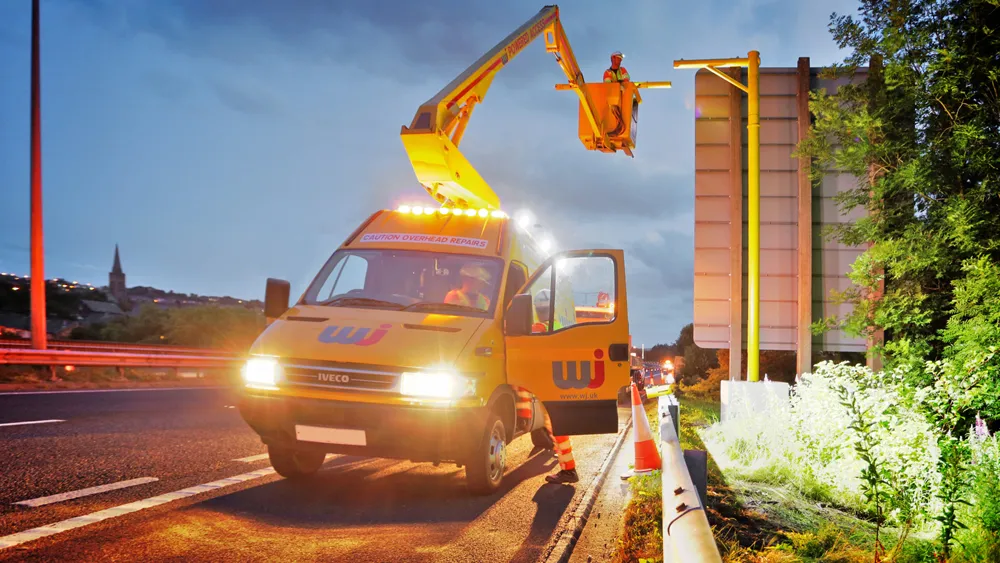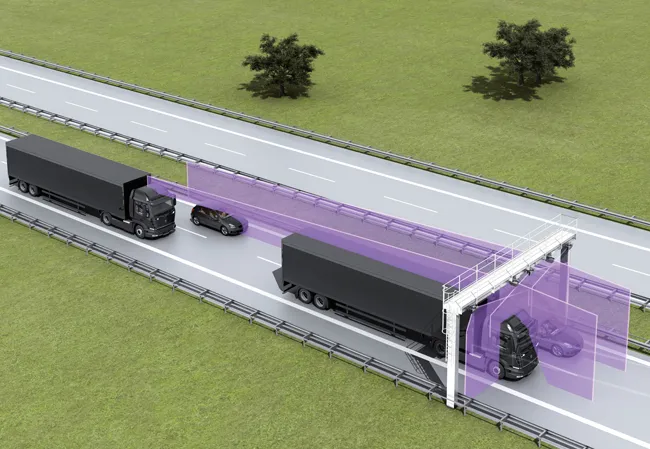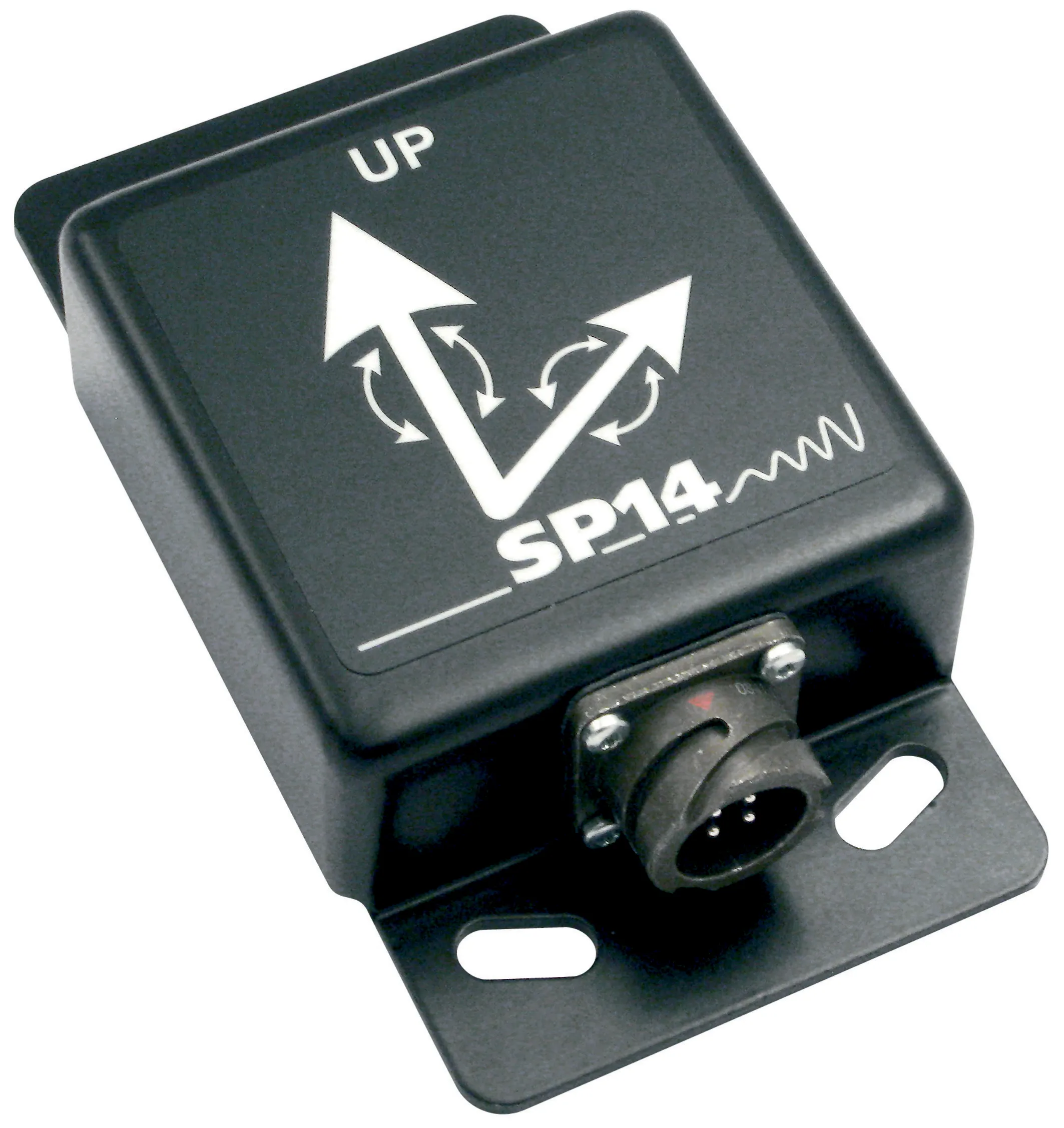
The TASCAR solution will be deployed to enforce mandatory speed limits and will feature Siemens Mobility’s HOTA (Home Office Type Approval) approved SafeZone system incorporating the company’s Sicore II ANPR camera – automatic number plate recognition.
Sicore cameras provide high-quality image quality and number plate reading accuracy so the system can process up to 2,500 fast-moving vehicles per lane per hour.
“This strategic partnership with Siemens Mobility will no doubt stimulate ideas for further road safety improvements in line with our continual drive for innovation,” said Wayne Johnston, managing director of WJ. “This is an opportunity for us to upgrade our safety enforcement cameras and better service our customers with industry leading technology.”
Deploying distance-over-time enforcement solutions at road works effectively controls traffic speed and improves traffic flow, especially where narrow lanes and contraflows impact on safety. Sicore technology uses the latest camera sensors to provide evidentially secure identification in all conditions, lending itself perfectly to this automated TASCAR enforcement solution, explained Wilke Reints, managing director of Siemens Mobility’s Intelligent Traffic Systems business in the UK.









